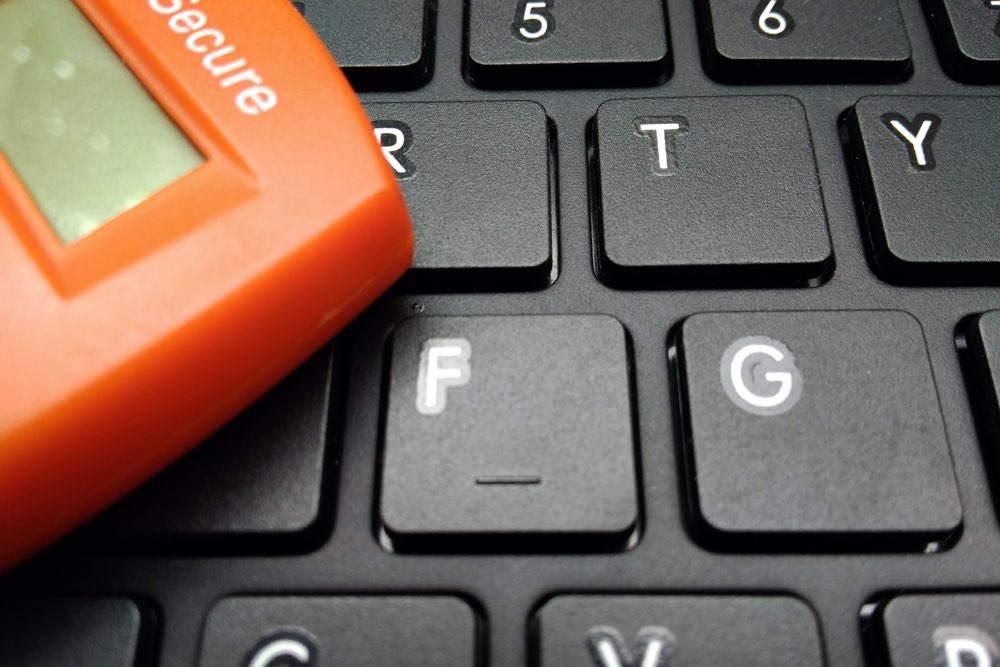Non-fungible tokens explained in brief
In the case of fungible assets, for instance, a bitcoin, you can sell one for the other of the same value. But a non-fungible token (NFT) is an asset with a unique value, which cannot be exchanged or replaced for the same value. Just like a one-of-a-kind house, a painting, or an antique, which there can only ever be one of, NFTs are “unique” digital assets with no tangible form.

Is there a tangible form of ownership with NFT?
Yes, like any other financial asset, NFTs have certificates with the owner’s title that works as the proof and ownership of the asset. It is this digital certificate that can be used to sell or buy any other owned property.
How do NFTs work?
While NFTs are a part of the cryptocurrency world, they cannot be exchanged like bitcoins or any other interchangeable currency. All records of cryptocurrency ownership are stored on the blockchain, a shared ledger that is maintained by many computers across the world. Some of the premium NFTs fall under the ethereum blockchain umbrella, which allows more information storage, providing more flexibility to work with NFTs. With this cryptocurrency, one can buy anything digital such as drawings, a picture, or even music.
What’s the NFT hype about?
NFTs are widely being used to sell digital art. With NFTs, one can ‘tokenize’ artwork, and many think it’s mainly used for collecting art. The concept got people’s attention when the animated Gif of Nyan Cat was sold for over $500,000, and a video by Beeple was bought for $6.6 million at Christie’s auction. And that’s not all; a 50-second video by Grimes, a musician, was bought for $390,000. Jack Dorsey, the founder of Twitter, also took part in the multi-million-dollar sales by promoting NFTs for the first-ever tweet, and the bids have been as high as $2.5 million.
Can digital art under NFT be copied?
Yes, just like we can make multiple digital copies of any picture found on the internet, NFT digital pieces can also be copied and shared a zillion times. But the copyrights can be retained by the artist and used to sell copies. However, the owner possesses the ‘token’ that allows them to prove they are the original owner of the NFT asset.
What are the risks involved?
It’s not really about selling art but using the technology that NFT is and how artists and digital piece owners are bagging millions in just days. But since anyone can create NFTs, a scarcity of a probable asset doesn’t guarantee value. It could take off, or it could be a bubble, but the budding NFT market sure involves substantial risks. Firstly it cannot be exchanged for cash, so if the market begins to tank, there will be no liquidating the NFTs overnight. Second, the fluidity that comes with the blockchain ecosystem is inevitable. Also, all digital art and its quality keep upgrading, making it a questionable long-term investment.
NFTs can overcome this fad and be used for practical reasons, but it takes a lot to weed out and understand what to invest in. This cryptocurrency, for now, is a playground for the rich, but the twist is that it is also accessible to the commoners. There’s more to investing in NFTs, and it’s advisable to be thoroughly aware of the risks and terms involved.